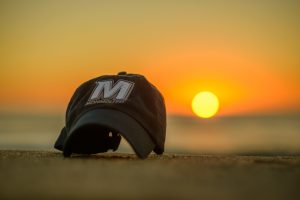 Monmouth University students Aidan Bodeo-Lomicky, Hannah Craft and Johanna Vonderhorst have been awarded the National Oceanic and Atmospheric Administration’s (NOAA) prestigious Ernest F. Hollings Undergraduate Scholarship. Each year, NOAA offers just over 100 of the highly competitive scholarships to students nationwide.
Monmouth University students Aidan Bodeo-Lomicky, Hannah Craft and Johanna Vonderhorst have been awarded the National Oceanic and Atmospheric Administration’s (NOAA) prestigious Ernest F. Hollings Undergraduate Scholarship. Each year, NOAA offers just over 100 of the highly competitive scholarships to students nationwide.
The scholarship was established in 2005 in honor of Sen. Ernest F. Hollings, who was well known for supporting ocean policy and conservation. The Hollings Scholarship includes a two-year academic award, a paid summer internship at any NOAA facility nationwide, and funding for students to present their NOAA research projects at national scientific conferences. The scholarship is open to full-time undergraduates majoring in a NOAA mission field.
Meet the newest Hollings Scholars below.
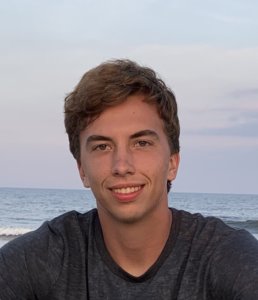 Aidan Bodeo-Lomicky
Aidan Bodeo-Lomicky
Year & Major: Sophomore, Marine and Environmental Biology and Policy, Minor in Political Science
What are your career goals? After law school, I plan on working in the field of environmental law and policy, with a specific focus on marine and endangered species issues.
What are your hopes for the experience as a Hollings Scholar? I hope to get an inside look at how marine policy is created and enforced by one of the world’s premier agencies, as well as make lasting connections in the field.
Where would you like to serve your summer internship? I would like to work with NOAA Fisheries, specifically with the Office of Protected Resources at the NOAA headquarters in Silver Spring, MD.
Hannah Craft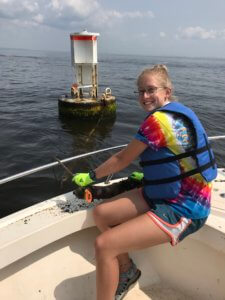
Year & Major: Sophomore, Marine and Environmental Biology and Policy and BS Chemistry Double
What are your career goals? After Monmouth, I plan to serve two years in the Peace Corps working in agriculture or environmental needs. After, I will attend a graduate school and work for my master’s. I hope to get a job in marine research studying invertebrates and how they are influenced and will adapt to climate change. I eventually will work for my Ph.D.
What are your hopes for the experience as a Hollings Scholar? Not only do I hope to gain more knowledge about marine research and methods, but I hope to establish connections with scientists at NOAA who can help me reach my future goals. I also hope to establish friendships with other Hollings Scholars and build lasting connections with them.
Where would you like to serve your summer internship? Anywhere on the ocean! I am looking for a lab that will relate to either marine invertebrates or climate change or both! I would like to go to the West Coast as that is where I would like to attend graduate school. I would also be interested in going to Alaska or the Hawaiian Islands.
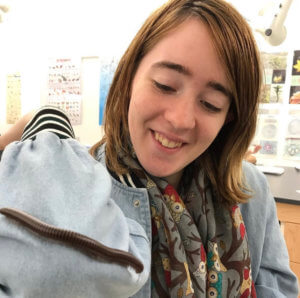 Johanna Vonderhorst
Johanna Vonderhorst
Year & Major: Sophomore, Chemistry
What are your career goals? After graduating from Monmouth, I anticipate attending law school to study environmental law. Following that, I hope to be able to practice in the expanding field of climate change law to seek justice for those impacted most heavily by the effects of climate change.
What are your hopes for the experience as a Hollings Scholar? Through the Hollings program, I hope to gain valuable hands-on climate research experience that will provide me with firsthand information on the state of the earth’s climate situation that I can carry with me into my legal career. If any research is currently being conducted by NOAA regarding methods of tracing carbon emissions to their original source, I would love to get involved with such a project, as one of the major barriers to climate justice cases is an inability to concretely prove direct causation based on the emissions of a specific entity.
Where would you like to serve your summer internship? I would like to serve my summer internship with NOAA’s Office of Oceanic and Atmospheric Research.

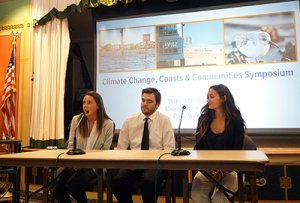 A new issue of the
A new issue of the 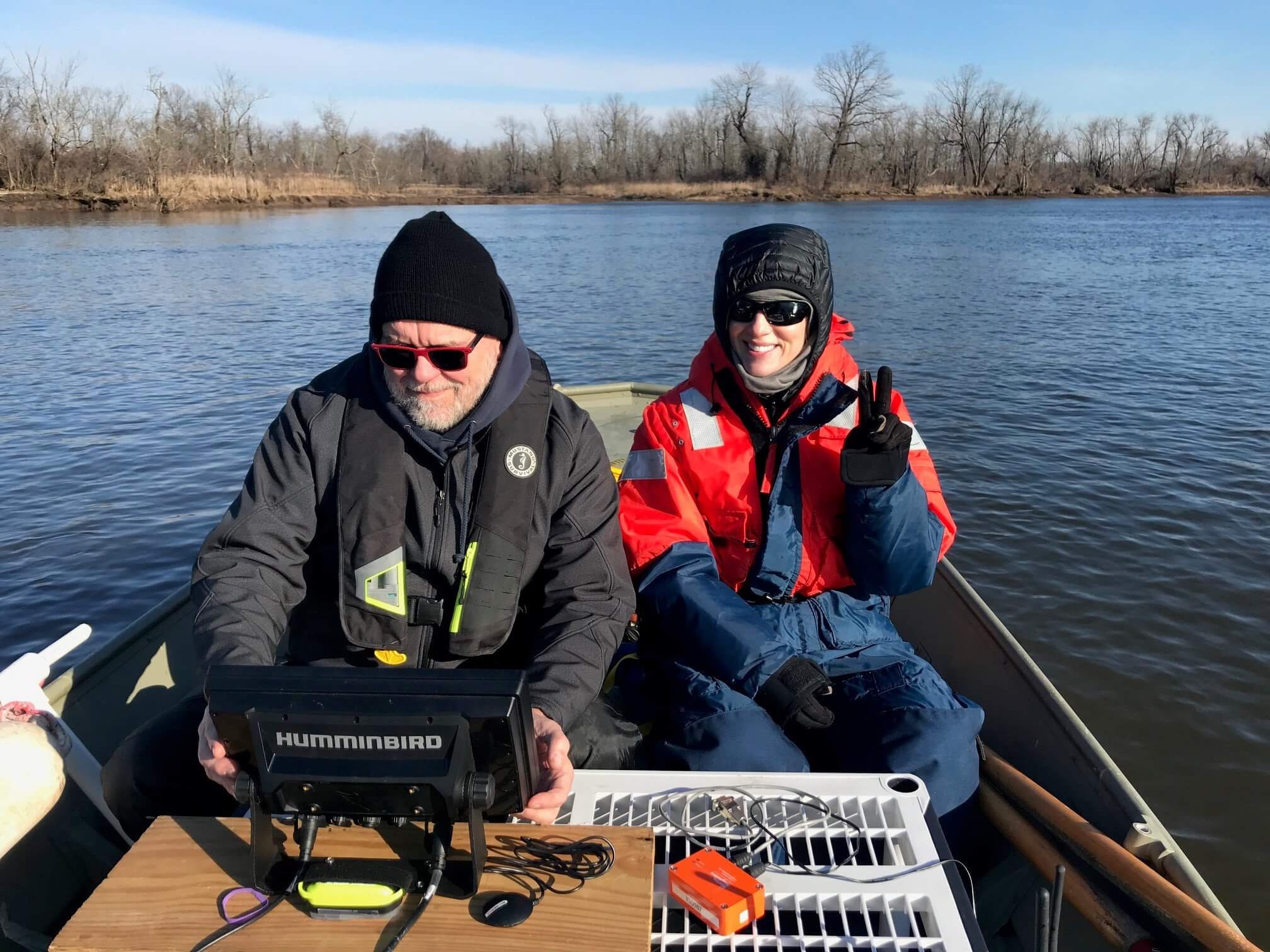

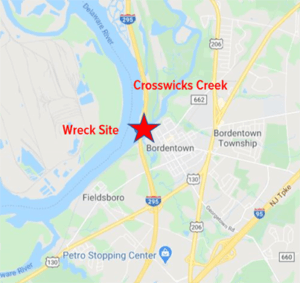

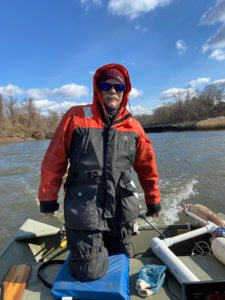
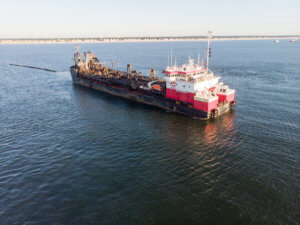 The Northeast Shore & Beach Preservation Association (NSBPA) and the Monmouth University Urban Coast Institute will co-sponsor a Beneficial Use of Dredge Material for Coastal Resilience Workshop on Sept. 24 at Monmouth University. This event is free to students and $40 for non-student attendees (includes lunch and coffee breaks).
The Northeast Shore & Beach Preservation Association (NSBPA) and the Monmouth University Urban Coast Institute will co-sponsor a Beneficial Use of Dredge Material for Coastal Resilience Workshop on Sept. 24 at Monmouth University. This event is free to students and $40 for non-student attendees (includes lunch and coffee breaks).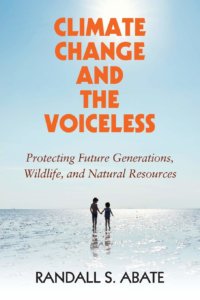 Monmouth University Professor Randall Abate will offer a pair of free online talks on his new book,
Monmouth University Professor Randall Abate will offer a pair of free online talks on his new book, 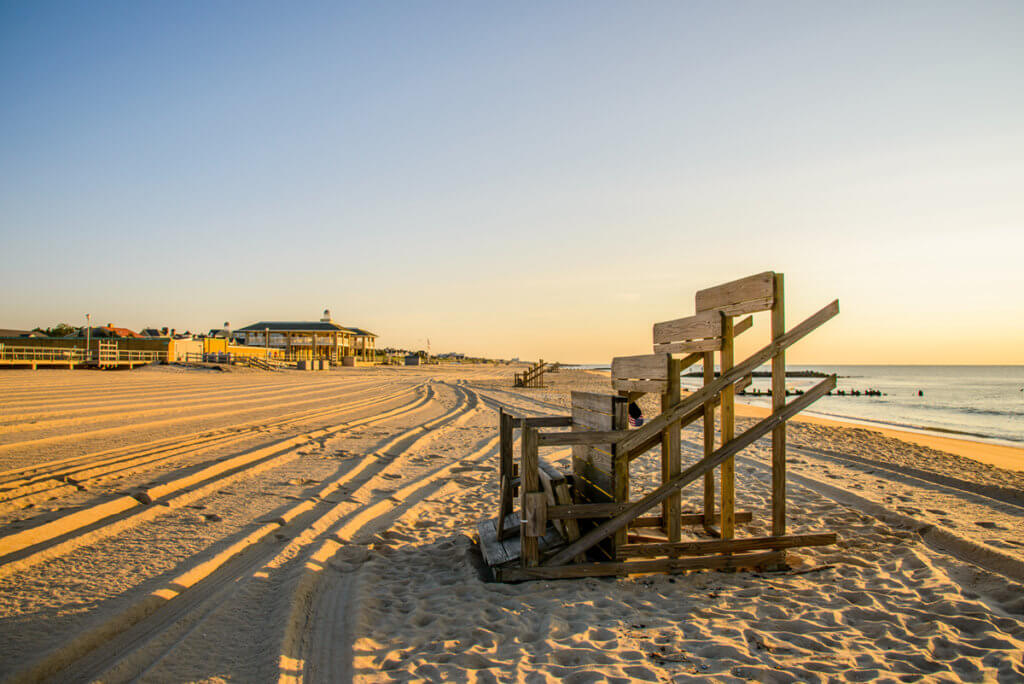
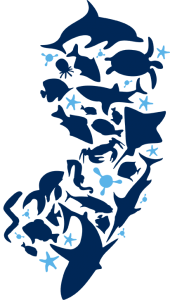
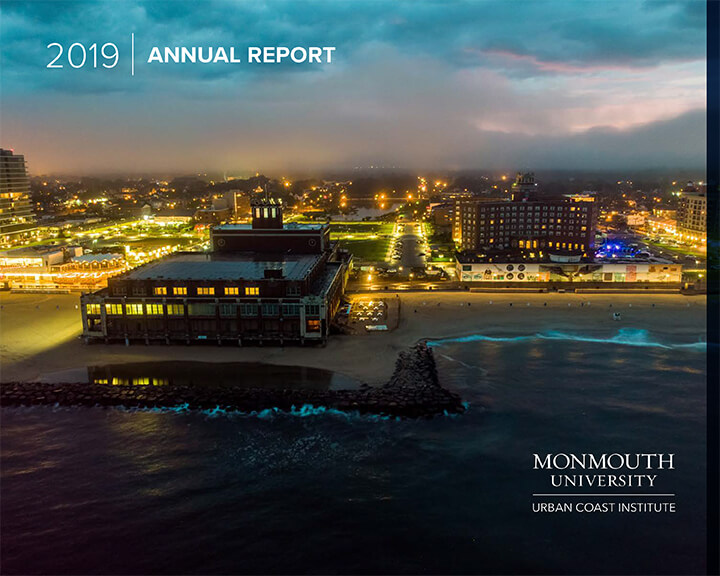
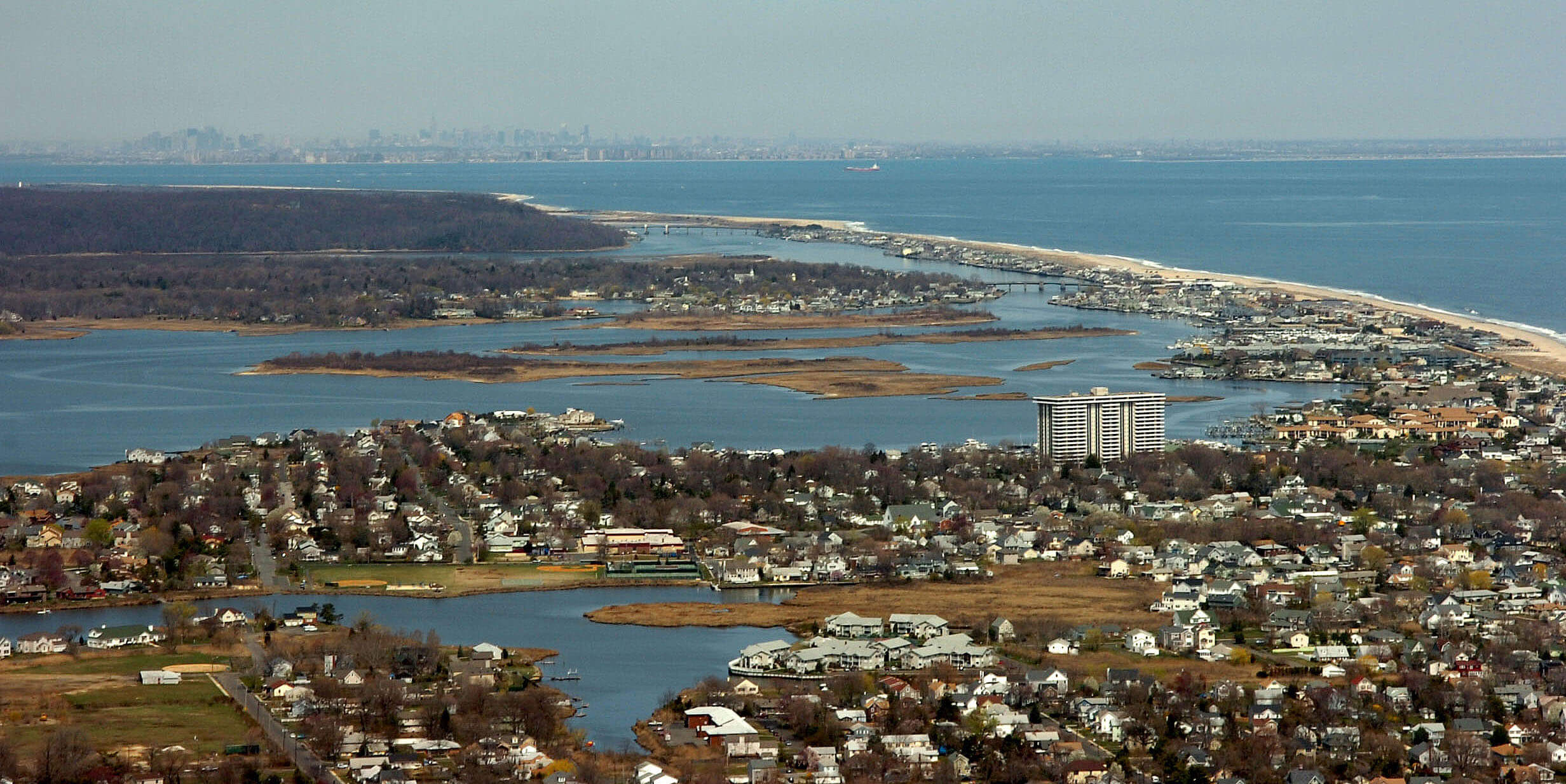
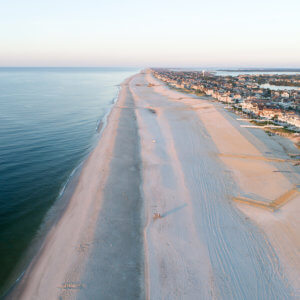 Speakers
Speakers